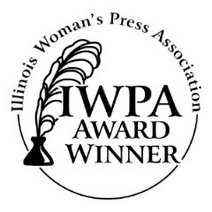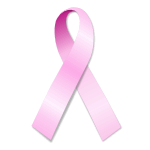
A review of Critical Conditions: the Essential Hospital Guide to Get Your Loved One Out Alive, by Martine Ehrenclou, M.A. (Lemon Grove, 2008).
No one likes to think about being hospitalized, or of dealing with the hospitalizaation of loved ones. This is a book that answers those questions that you probably were afraid to ask or never thought to ask.
Based on interviews with nurses, doctors, social workers, and families, this is a serious book well worth reading for anyone facing the need to deal with any personal or family hospital experience.
According to Ehrenclou, "Hospitals today are institutions struggling to survive in an environment where authority is in the hands of insurance companies rather than patients and their families. Rapid advancement in technology makes ever more expensive treatments in wide demand. Nurses are more expensive and harder to find and retain. . . . Serious infections, which are often treated in hospitals, are inadvertently spread from one patient to another. All of these factors are serious impediments to the compassionate care and good outcome we all desire when hospitalization is necessary."
Every patient needs an advocate or an advocate team, especially if he or she is elderly and impaired. The advocate serves as his or her "loved one's eyes and ears," establishing contacts with doctors and nurses. Responsibilities include keeping track of the patient's medications, allergies, symptoms, treatment plan, diet, and a myriad of other things.
It is the advocate's duty to catch patient name errors (to prevent similarly-named patients from getting someone else's treatment or medications), insist on pain management, and speak up if something appears wrong.
Of course the problem is doing all these things without insulting or seeming to second-guess the doctors, nurses, and hospital administrators. Infinite tact and understanding are required. Yet hospital personnel do want to avoid unfortunate or even fatal errors, and many are willing to listen.
This is a very detailed book, containing interviews, tragic examples, hospital staff and medical terms glossaries, and spaces for patient advocates' lists and notes. It also includes a list of useful websites for information on medical conditions, medication errors, and hospitals.
It would be comforting to think of hospitals as efficient, caring institutions that can take care of us and our families, but the economic realities and unfortunate errors pointed out by Martine Ehrenclou ring true.
Read this book if you or a family member faces hospitalization. It is filled with valuable information and useful suggestions that we can't afford to ignore.
Copyright 2009 by Marlys Marshall Styne
Photo of book from Amazon.com. Go to that site for a look inside the book.


















2 comments:
Sounds like a good book to check out, Marlys. I was a patient advocate at a hospital for several years back in a volunteer capacity, but it was gratifying work for me. It's very important for someone to see to the needs of the patient, even those that seem unimportant to everybody else.
I wish I had read the book before breaking my hip. I recently wrote on this very subject on my blog.
Post a Comment